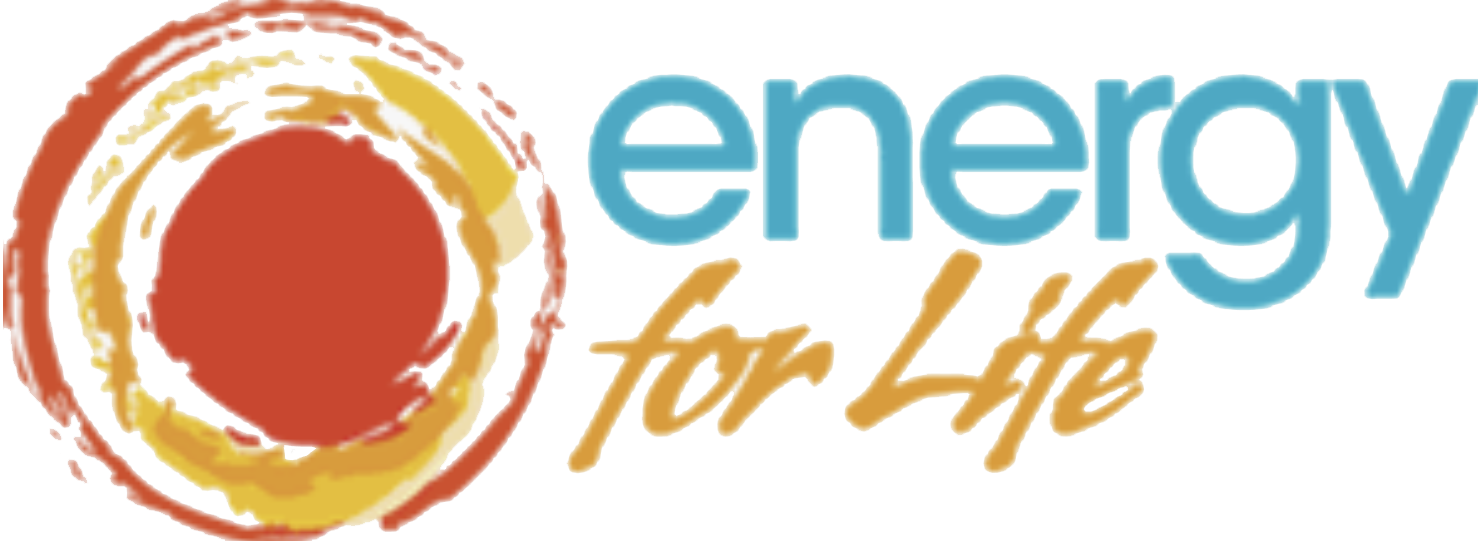Love is a Healthy Habit
Love is good for your health! A primary innate impulse within the human being is the desire to love and be loved. Healthy relationships are easier said than done, as we know! We long for love and yet we protect ourselves from love--from the pain that may come with letting go, grief, rejection, disappointment, misunderstandings, infidelity and mistrust. The stress of breakups or staying in resentment-filled relationships can actually be harmful to your health. For those brave and persistent souls who are willing and able to truly build a vibrant relationship, love proves to be a healthy habit.
I found an illuminating article on www.webmd.com that quotes Harry Reid, Ph.D., co-editor of the Encyclopedia of Human Relationships, who says the key is to feel connected to other people, feel respected and valued by other people, and feel a sense of belonging. He found that close relationships of all types (parent, friend, partner, lover) bring a sense of calm and stability, which promotes health benefits, such as fewer doctor visits; fewer colds and viruses; less depression and substance abuse; less anxiety; lower blood pressure; better stress management; faster healing; longer life and more joy!
How can you create and sustain loving, trusting, enduring, sacred relationship with your sweetheart? Here are a few keys:
Nurture your relationship by taking time to be together in focused and affirming ways, even for just a few moments at a time. Eye contact, hugs, touch, and kind gestures go a long way to connect one heart to another.
Build and strengthen a foundation of trust by being honest, emotionally vulnerable and open, doing what you say you will do and being of service to each other.
Handle tender, difficult topics and conflicts one at a time in concentrated ways that bring satisfaction and closure.
Treat each other specially by saying appreciative and affectionate words, going on dates, planning surprises, having adventures and fun together and making love in precious and passionate ways.
Celebrate each other's successes and support each other in difficult times.
FYI--"love chemicals" are released in varying stages of love, according to Helen Fisher of Rutgers University in New Jersey.
Stage 1: Lust
Lust is driven by the sex hormones testosterone and estrogen. Testosterone is not confined only to men; it has also been shown to play a major role in the sex drive of women. These hormones, as Helen Fisher says, "get you out looking for anything".
Stage 2: Attraction
This is the truly love-struck phase. When people fall in love, they can think of nothing else. They might even lose their appetite and need less sleep, preferring to spend hours at a time daydreaming about their new lover.
In the attraction stage, a group of neuro-transmitters called "monoamines" play an important role:
Dopamine - Also activated by cocaine and nicotine.
Norepinephrine - Otherwise known as adrenalin, starts us sweating and gets the heart racing.
Serotonin - One of love's most important chemicals and one that may actually send us temporarily insane.
Stage 3: Attachment
This is what takes over after the attraction stage if a relationship is going to last. People couldn't possibly stay in the attraction stage forever, otherwise they'd never get any work done!
Attachment is a longer-lasting commitment and is the bond that keeps couples together when they go on to have children. Important in this stage are two hormones released by the nervous system, which are thought to play a role in social attachments:
Oxytocin - This is released by the hypothalamus gland during childbirth and also helps the breast express milk. It helps cement the strong bond between mother and child. It is also released by both sexes during orgasm, and it is thought that it promotes bonding when adults are intimate. The theory goes that the more sex a couple has, the deeper their bond becomes.
Vasopressin - Another important chemical in the long-term commitment stage. It is an important controller of the kidneys, and its role in long-term relationships was discovered when scientists looked at the prairie vole.
What have you noticed about love and your health? Leave your comments here or on our Facebook page.
Your relationship coach,
Ruth Sharon, Relationship coach, Licensed Professional Counselor (LPC) and Registered Yoga Teacher (RYT).
Ruth’s passion is facilitating couples to enhance the vitality of their relationship and make healthy lifestyle choices. Ruth shares her wisdom, compassion and humor with individuals, couples, families, and groups. Ruth and her husband of 47 years co-authored HeartWise: Deepening and Evolving Love Relationships, published in 2021, as well as Secrets of a Soulful Marriage: Creating and Sustaining a Loving, Sacred Relationship, published in 2014. They are delighted to offer coaching for couples and singles, in person and virtually, as well as transformative couples’ retreats, seminars and online courses.
Ruth and Jim Sharon
(303) 796-7004
ruth@energyforlife.us

